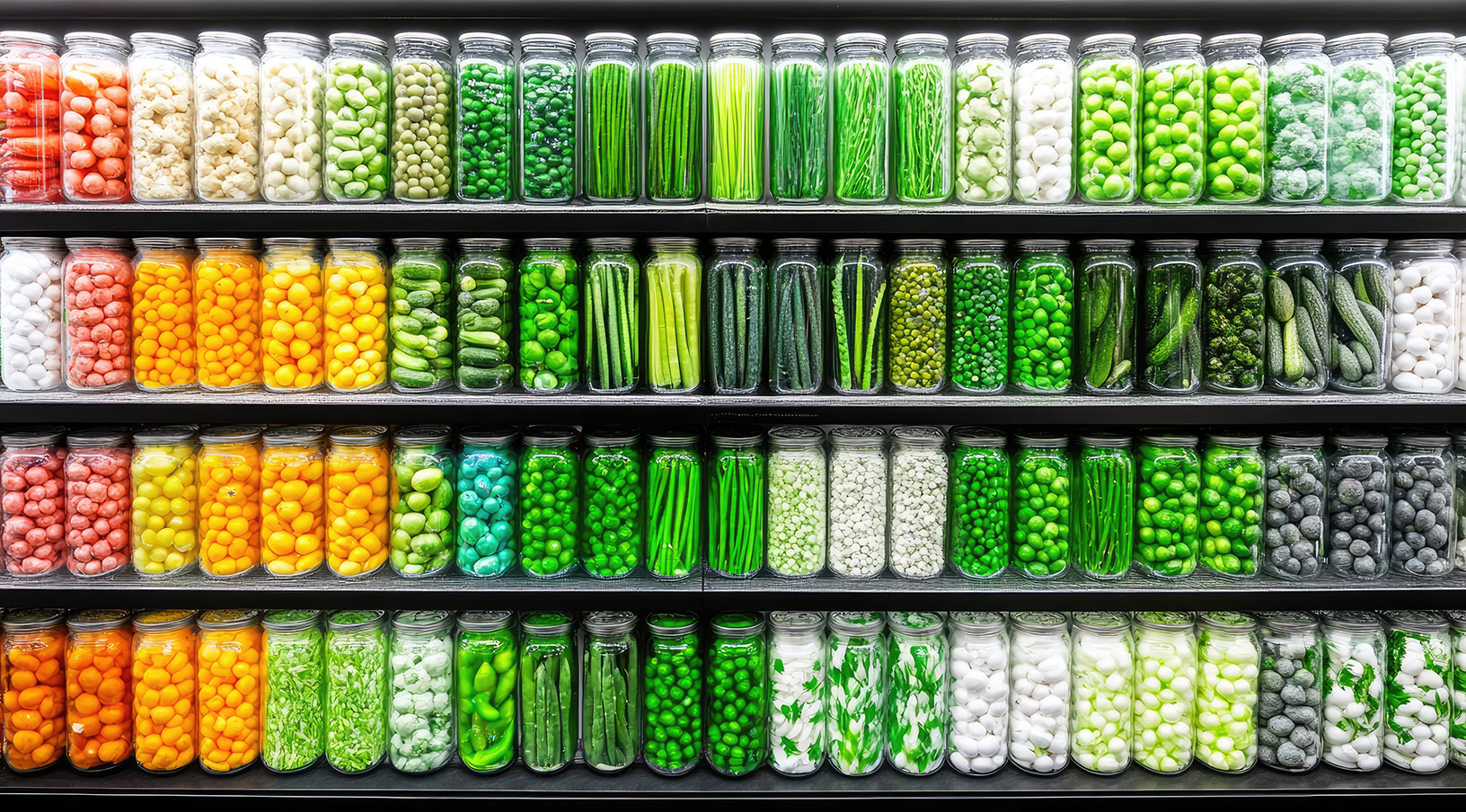This is the seventh installment in the FMI blog series on sustainability in the food industry. This series shares compelling research and covers aspects ranging from consumer perspectives to industry opportunities.
By: Doug Baker, Vice President, Industry Relations, FMI
 Sustainability is an important topic for private brands, and the reason gets to the heart of how these brands operate today.
Sustainability is an important topic for private brands, and the reason gets to the heart of how these brands operate today.
Private brands are run by food retailers, and so these retailers are brand owners. They are responsible for all aspects of their private brand businesses — ranging from manufacturing to brand reputation. That's a big responsibility. Retailers need to stay on top of consumer perspectives on sustainability and incorporate these insights into their private brand strategies.
FMI's annual private brands research sheds light on sustainability through the eyes of both consumers and the industry.
Consumers Relay Their Expectations
Consumers say that low price/less expensive is more important for private brands compared to manufacturer brands (sometimes referred to as name brands) in this inflationary environment. But when it comes to sustainability, consumers have similar or the same expectations regardless of brand type.

Nearly a third of respondents in Power of Private Brands 2022 consumer research said it's important for both private brands and manufacturer brands to be produced in an environmentally sustainable way. Meanwhile, roughly a third said it's important for both types of brands to be produced in an ethical, socially conscious, and humane way.
How Consumers Compare Brands
The overwhelming majority of consumers — about 70% — said that private brands and manufacturer brands perform similarly in terms of being better for the planet. The balance of consumers gives an edge to manufacturer brands on this aspect.

Nevertheless, a somewhat different picture emerges when viewing only the responses of frequent private brand shoppers — a subset of the survey respondents. This core private brand shopper group gave virtually equal scores on sustainability to private brands and manufacturer brands.

The Food Industry Eyes Sustainability Innovation
FMI's 2023 private brands industry research looked at the sustainability topic through the lens of innovation. The food industry was asked to identify how innovation can drive consumer purchases, and nearly half of respondents pointed to sustainability strategies.
As a follow-up, respondents were asked about the best ways to improve private brands innovation for sustainability efforts.

Behind the numbers: Two thirds of both retailers and manufacturers said packaging is the best area for boosting innovation in sustainability. Other strategies cited included recycling education, relaying stories about producers, and local offerings.
Packaging Efforts at FMI
- FMI's Sustainable Packaging Assessment Guide: This resource assists retailers and their suppliers in advancing efficient design, responsible sourcing, and circular systems for packaging.
- Food Waste Reduction Alliance (FWRA): FMI is a founding member of this industry-led initiative focused on reducing food waste by increasing food donations and sending unavoidable food waste to productive use (energy, composting) and away from landfills.
- U.S. Plastics Pact: FMI is a founding activator of this pact, which creates a unified national framework for a circular economy for plastics.
Next Steps for Progress
Industry respondents in FMI's research cited the importance of standards and communications as important for making gains with sustainability in private brands.

It's clear from these responses that industry leaders are exploring how private brands can advance sustainability efforts and how the successes can be relayed to shoppers. I see this as an important opportunity for the coming years to build trust with shoppers.


 Industry Topics address your specific area of expertise with resources, reports, events and more.
Industry Topics address your specific area of expertise with resources, reports, events and more.
 Our Research covers consumer behavior and retail operation benchmarks so you can make informed business decisions.
Our Research covers consumer behavior and retail operation benchmarks so you can make informed business decisions.
 Events and Education including online and in-person help you advance your food retail career.
Events and Education including online and in-person help you advance your food retail career.
 Food Safety training, resources and guidance that help you create a company food safety culture.
Food Safety training, resources and guidance that help you create a company food safety culture.
 Government Affairs work — federal and state — on the latest food industry policy, regulatory and legislative issues.
Government Affairs work — federal and state — on the latest food industry policy, regulatory and legislative issues.
 Get Involved. From industry awards to newsletters and committees, these resources help you take advantage of your membership.
Get Involved. From industry awards to newsletters and committees, these resources help you take advantage of your membership.
 Best practices, guidance documents, infographics, signage and more for the food industry on the COVID-19 pandemic.
Best practices, guidance documents, infographics, signage and more for the food industry on the COVID-19 pandemic.
